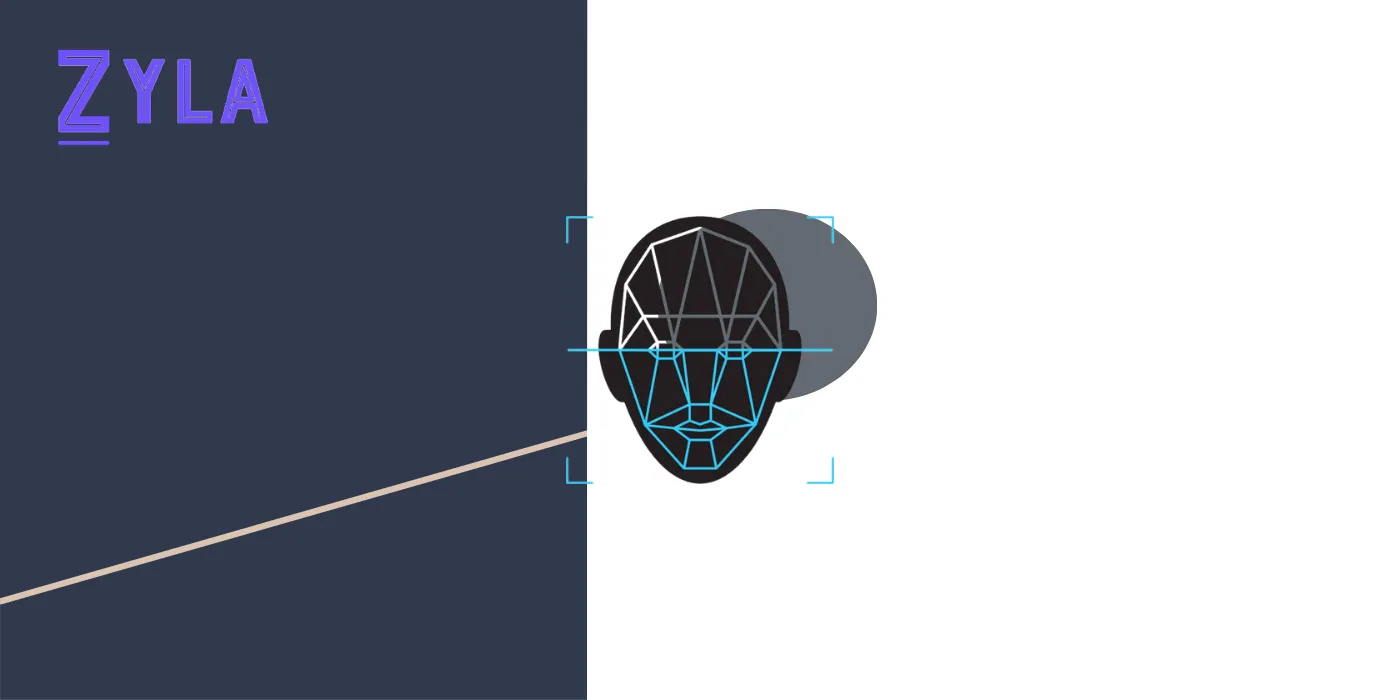Facial Recognition API To Enhance Security Measures

Zylalabs, a leading API hub that facilitates the discovery, connection, and management of APIs, provides a sophisticated Facial Recognition API. This article explores how Zylalabs' platform and Facial Recognition API can enhance security measures effectively.
Understanding Zylalabs Platform
Zylalabs serves as a centralized platform for developers seeking to integrate various APIs into their applications seamlessly. Designed to simplify the API integration process, Zylalabs offers several key features that cater to the needs of developers across different industries.
Features of Zylalabs Platform
- Comprehensive API Repository: Zylalabs hosts a diverse range of APIs, including the Facial Recognition API, allowing developers to explore and discover APIs that align with their project requirements.
- Intuitive Search and Discovery: Developers can easily search for specific APIs using Zylalabs' user-friendly interface, ensuring efficient discovery and integration.
- Detailed Documentation: Each API on Zylalabs comes with comprehensive documentation, providing clear guidelines on how to integrate and utilize the functionalities effectively.
- Community Support: Zylalabs fosters a supportive community where developers can share insights, best practices, and troubleshoot issues related to API integration.
Introduction to Facial Recognition API
Facial Recognition API offered by Zylalabs leverages advanced algorithms to analyze and verify the identity of individuals based on facial features captured through images or video streams. This technology offers several key functionalities that contribute to enhancing security measures:
- Biometric Authentication: Facial recognition serves as a secure method for user authentication, replacing traditional passwords with more reliable biometric data.
- Access Control: Businesses can implement facial recognition to control access to secure areas, ensuring only authorized personnel can enter restricted zones.
- Surveillance and Monitoring: Facial recognition enables real-time monitoring of environments, allowing security teams to identify individuals of interest or track movement patterns efficiently.
- Fraud Prevention: By verifying identities through facial recognition, organizations can mitigate fraud risks associated with impersonation or unauthorized access attempts.
Benefits of Using Zylalabs Facial Recognition API
Use Guide for Developers
- Registration and API Key: Sign up on Zylalabs platform to access the Facial Recognition API. Obtain an API key, which serves as a unique identifier for authenticating API requests.
- API Documentation: Refer to the detailed documentation provided by Zylalabs. It includes endpoints, parameters, sample requests, and responses, facilitating seamless integration into applications.
- Sample Code and SDKs: Zylalabs offers sample code snippets and Software Development Kits (SDKs) in popular programming languages (e.g., Python, JavaScript). These resources accelerate the integration process and assist developers in leveraging facial recognition capabilities effectively.
- Testing and Validation: Utilize Zylalabs' sandbox environment to test the Facial Recognition API in a controlled setting. This allows developers to validate functionality, troubleshoot potential issues, and refine integration as needed.
- Deployment and Monitoring: Once integration is complete and tested, deploy the application with integrated facial recognition features. Zylalabs provides monitoring tools to track API usage, performance metrics, and ensure continuous reliability.
Conclusion






